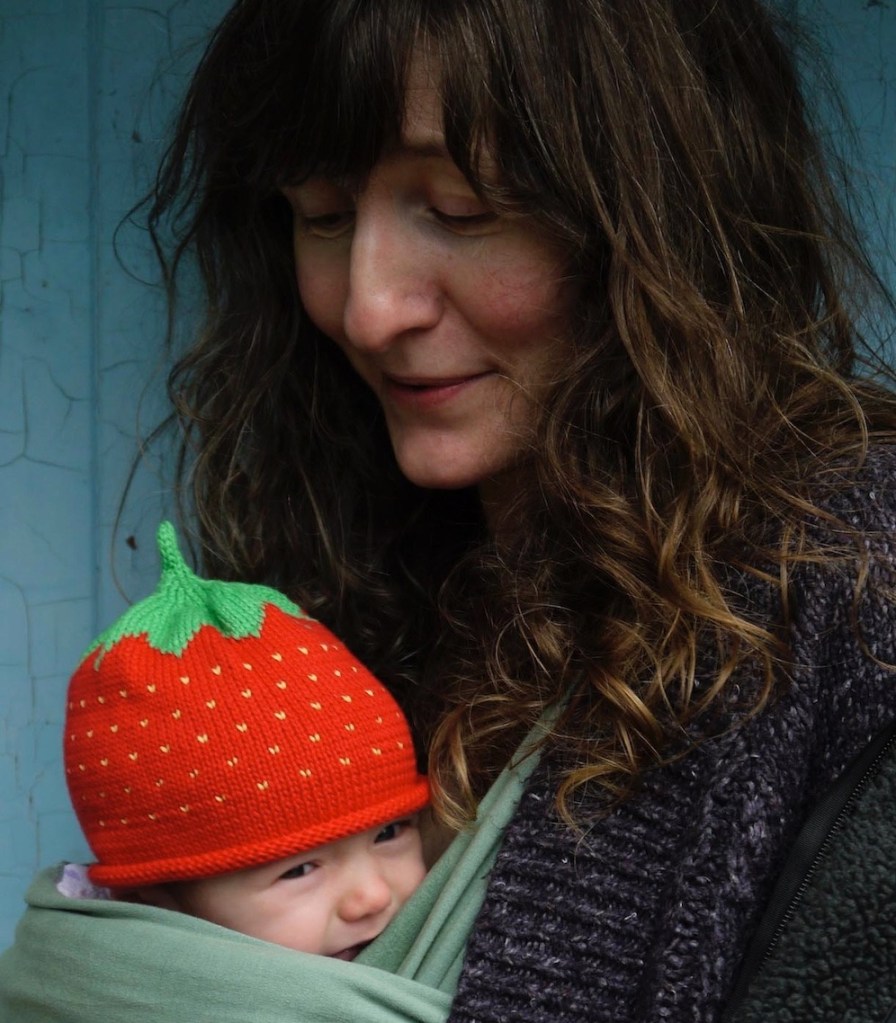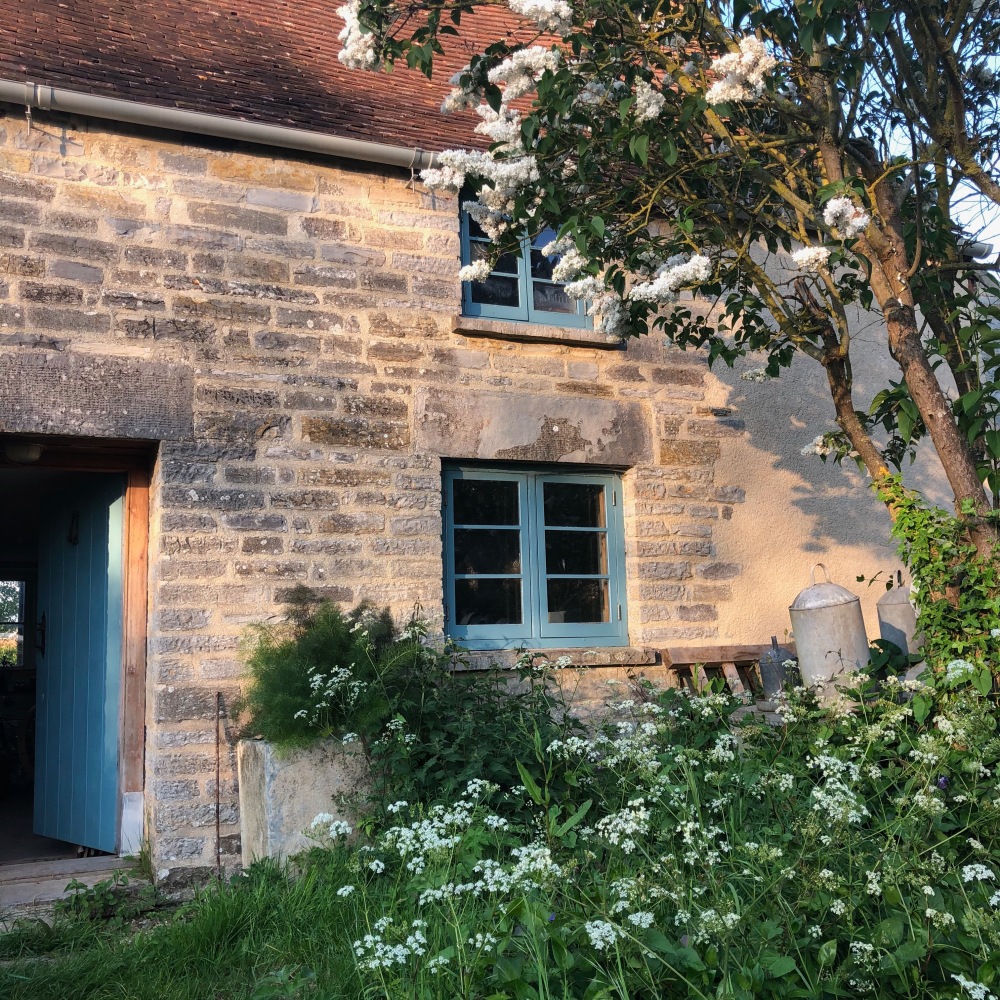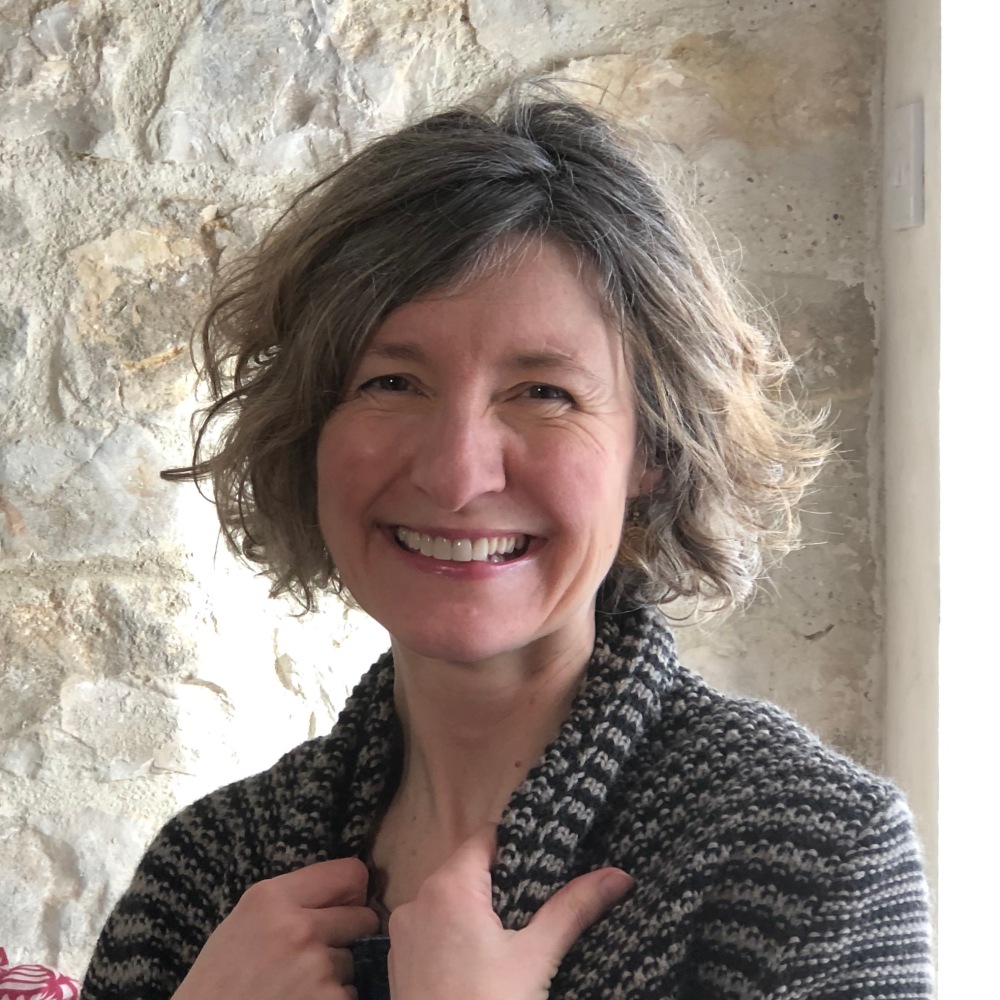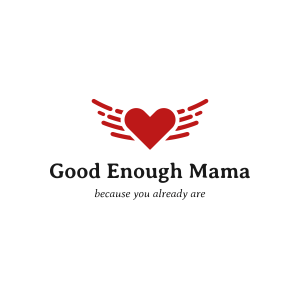If you take a look at Ali’s website, you’ll be reassured that she is as qualified as can be to talk on this topic. However, it’s clear that Ali brings more to the table as a coach and counsellor, with the empathy and insight that comes from lived experience. Interviewing Ali was brilliant, as the quality of her answers are so rich and her deep understanding of the experience of ‘mamahood’ is evident, I find myself wholeheartedly relating to everything she has to say.
A good enough mama is someone who doesn’t try to live up to the impossible standards of perfect motherhood.
Tell me about the good enough mama, what is she like? A good enough mama is someone who doesn’t try to live up to the impossible standards of perfect motherhood. Which sounds easy in principle, but in practice, most mums I know (myself included) have quite a few unrealistic expectations of themselves. We try to keep on top of all the household chores, make sure the school admin is up to date, keep everyone fed and happy, be gentle and caring, be a good friend and partner, and often a good employee as well. Something has to give, and sadly, it’s often our own mental and physical wellbeing that suffers. In my work as a coach and counsellor, I help mums identify where and how all the ‘shoulds’ are tripping them up in life, and help them soften towards their inner critic by using tools like mindfulness and self compassion. It’s my belief that you are already good enough, and it’s my job to try and get you to believe that too!

What have you learnt from the mums you’ve worked with?
I’ve learned that whatever parenting philosophy they subscribe to, all mums really want is the best for their children, and there is often more that unites them than divides them.
I’ve learned that most mums are their own harshest critics. They give themselves an incredibly hard time for things they think they’ve done wrong, and speak to themselves in a way they would never speak to a friend encountering a similar problem. So one route to self compassion is often to get them to imagine what they would say to a friend who is suffering. It starts to soften that self critical inner dialogue.
I’ve learned that mums are incredibly resilient, but sometimes wear this as too much of a ‘badge of honour’ and become unable to ask for help when they really need it. We all know about the cliché of asking a busy person to do something, because it is more likely to get done. Well that pretty much sums up every mum I know. We need to call time on the culture of busy-ness and productivity as a measure of our worth and start valuing the importance of true rest.
What/Who did you want to be when you were a little girl?
When I was younger I was probably a bit ahead of my time (we’re talking the 1970s here!) because I was very passionate about taking care of the natural environment. So I thought I would end up working in conservation or with animals, but actually, it ended up being human psychology that drew me in and still fascinates me today.
Sitting listening to someone as a counsellor is a deep privilege. You realise that everyone has a story to tell. And those stories often contain elements of tragedy.
What have been the real light bulb moments for you in terms of learning about human behaviour – through study or practice?
Although I love learning theory, I think most of my understanding about human behaviour has come from observation both of myself and others. Sitting listening to someone as a counsellor is a deep privilege. You realise that everyone has a story to tell. And often those stories contain elements of tragedy.
It’s not the circumstances of someone’s life that define them, but the way they find meaning, the way they choose to respond to events, that is most important. At heart I think we are all seeking meaning in some way. We seek to make sense of our lives and the seemingly random things that happen.
I’m also an optimist about human behaviour, even when there is a lot of evidence to the contrary. I do think that human beings are fundamentally good. It’s just conditioning and trauma that block their ability to lead a happy and productive life. So, given the right conditions, people can heal and thrive.
I have a strong sense that we are all interconnected, and that we all represent a little piece of the divine.
Now I’m getting deep! Do you have a faith or religion? How do you find it working with people with different beliefs to your own?
I don’t identify as having a specific faith or religion, but I do believe in something – be it a spirit or soul or energy – that exists beyond our physical bodies. I have a strong sense that we are all interconnected, and that we all represent a little piece of the divine. We are all God, if you like. Or as Buddhists would say, we all have Buddha nature.
It goes back to my fundamental belief that there is goodness or purity there beneath all the layers of crap that life and society heap upon us.
So if I encounter someone with different beliefs to my own, I’m generally more curious than judgemental. I’m interested in what makes them think that way. And in a therapeutic sense, it’s absolutely my job to be aware of my own judgements and attempt to put them to one side when I am listening to someone.

What are the biggest issues that people get stuck with, or the most common themes?
Self criticism. Anxiety. Overwhelm. Often in a self perpetuating spiral.
So what I mean by that is that self criticism often fuels an underlying feeling of unease or anxiety, which you then beat yourself up about. Why can’t I just snap out of this? Why am I so worried? You get anxious about being anxious and go back round the negative spiral. It becomes overwhelming. It defines you.
In terms of healing, the first step is in noticing that you are getting into the spiral in the first place. Then you can choose to do something different about it. Rather than thinking ‘I am an anxious person’ you can begin to realise ‘I am a person having an anxious thought…’
A lot of what you write really resonates with me. You wrote about sensitivity and resilience as being distinct from each other, can you elaborate?
Unfortunately, I think a lot of people equate sensitivity with weakness. When actually, I think sensitivity can really be seen as a kind of super power!
Sensitive people notice things at a deeper level. They usually make very empathetic and caring friends. They stand back and observe before acting. So sensitivity can be a source of strength.
However, the problem for many sensitive people is that they can suffer from what Matthieu Ricard calls ‘empathy fatigue’ – they care too much about everything and everyone. But they don’t always take care of themselves. I see a lot of mums falling into this trap of putting everyone else’s needs ahead of their own, then being unable to cope.
This is where self compassion comes in – when your tender feelings for others also encompass tender feelings for yourself, you are far less likely to burn out. In this way, self compassion is an essential ingredient of resilience.

What is your favourite place in Somerset and tell us about moving here.
I think my favourite place is where we live, right in the heart of the Somerset Levels. For anyone who doesn’t know it was the part that flooded a few years back, but thankfully our house is 350 years old, so built on slightly higher ground.
I love the incredibly atmospheric wetlands and strange hills that rise up out of nowhere. The skies are so big and beautiful, the mist hangs in pockets just above the land, and there are masses of overwintering birds. You almost expect the Lady of the Lake to emerge out of the landscape. It truly is like the isles of Avalon.
We moved here about 9 years ago from Brighton. It was a complete and random change brought about by a whim to go west! We are still quite surprised to find ourselves in the middle of a very wet and muddy field in the middle of nowhere. I do miss some things about city life, but, on the whole, I’m very happy with our ramshackle house, old apple orchard, alpacas, dog, chickens and veg patch.
Tell us about the birth of your daughter and how that changed your world.
Getting pregnant with my daughter was a genuine surprise at the age of 40. My partner has three grown up children from previous relationships, so when we met, we didn’t think we would have kids. I fell pregnant not long after we moved to Somerset, so we blame the fertile soil and fecund country air! Certainly, something shifted, and it’s almost as if it was meant to happen.
After a mental adjustment to the idea that I was going to become a mum (I had convinced myself that life could be fulfilling without kids), I threw myself into the business of being pregnant.
I read loads of books on positive birth, went to pregnancy yoga classes from 14 weeks right up to my due date, attended an active birth workshop, and listened to hypnobirthing audios. We also invested in a doula.
I went on to have a very positive birth experience. It was the single most intense, powerful, and embodied thing I have ever done. It made me feel very passionate that every woman should feel like an absolute goddess whenever and however she chooses to bring new life into the world.
Birth is not just about the baby, it is also about the birth of a strong and capable mother. But, sadly, our current maternity system is often set up in a way that completely undermines that strength and capability. Far too many women emerge from birth feeling broken.
So the birth of my daughter not only changed my world in that I became a mother, but also because it influenced my decision to specialise in perinatal mental health. I also quit my corporate job and re-trained as an active birth and hypno-birthing teacher. I’ve now supported hundreds of women in the local area to have a more positive and empowered experience of pregnancy and birth.

Whose books are on your shelf and who inspires you?
I’m inspired by the tender but tough compassion inherent in Buddhist philosophy, so anything by Charlotte Joko Beck or Thich Nhat Hanh makes a lot of sense to me. I also love anything that invites me to consider spiritual traditions more broadly, so Ram Dass and Ekhart Tolle would be up there with my favourite authors – not everyone’s idea of light reading, but it is what I enjoy!
I find books on Mindful Self Compassion by Kristin Neff and Christopher Germer essential to my work. And on birth itself, you can’t beat classic texts by Ina May Gaskin.
Tell us about the things you’re running at the moment and the best way we can keep in touch.
I work 1:1 with clients as a mindful self compassion coach. I can help you find your way back to feeling good about yourself and able to move forward in your life. I create a safe and non judgmental space for you to talk about what’s troubling you. And I don’t just listen – I make sure you go away with self reflection prompts and guided meditations that form a toolkit of things you can turn to to help soothe yourself.
I also run group programmes and workshops throughout the year, bringing mums together to share their experiences and supporting them in bringing mindfulness and self compassion into their everyday lives.
You can find out more on my website: https://www.goodenoughmama.co.uk/
Facebook page @goodenoughmamas or Instagram @goodenoughmamas.
For birthing classes and workshops in the Taunton area, I have a separate Facebook page @gembirthing and details of my latest classes can be found here: https://www.goodenoughmama.co.uk/birthing-classes